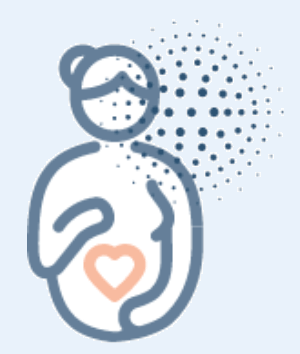Disorders of Sex Development Precision Panel
Disorders of Sex Development (DSD), formerly termed intersex conditions, occur when there is a discrepancy between the appearance of the genitalia and the genetic makeup of an individual. These disorders can present from birth to adolescence.




